Increasing interest rates can be advantageous for individuals wishing to save money, but they can also gradually affect your financial stability in ways that are not always evident. Your personal finances may be negatively impacted in several ways, and before you know it, your savings are decreasing.
Increased Loan Payback Amounts

Larger interest rates translate into larger monthly payments for any variable-rate loans you may have, such as personal loans or mortgages. You won’t have as much money left over after debt repayment to save or invest.
Interest Rates on Credit Cards

An increase in interest rates makes climbing credit card debt much more costly. A higher percentage of your payment is applied to interest when you have a balance, which makes it more challenging to pay off your debt and leaves you with less money for savings.
Increasing Rate of Inflation Reduces Savings
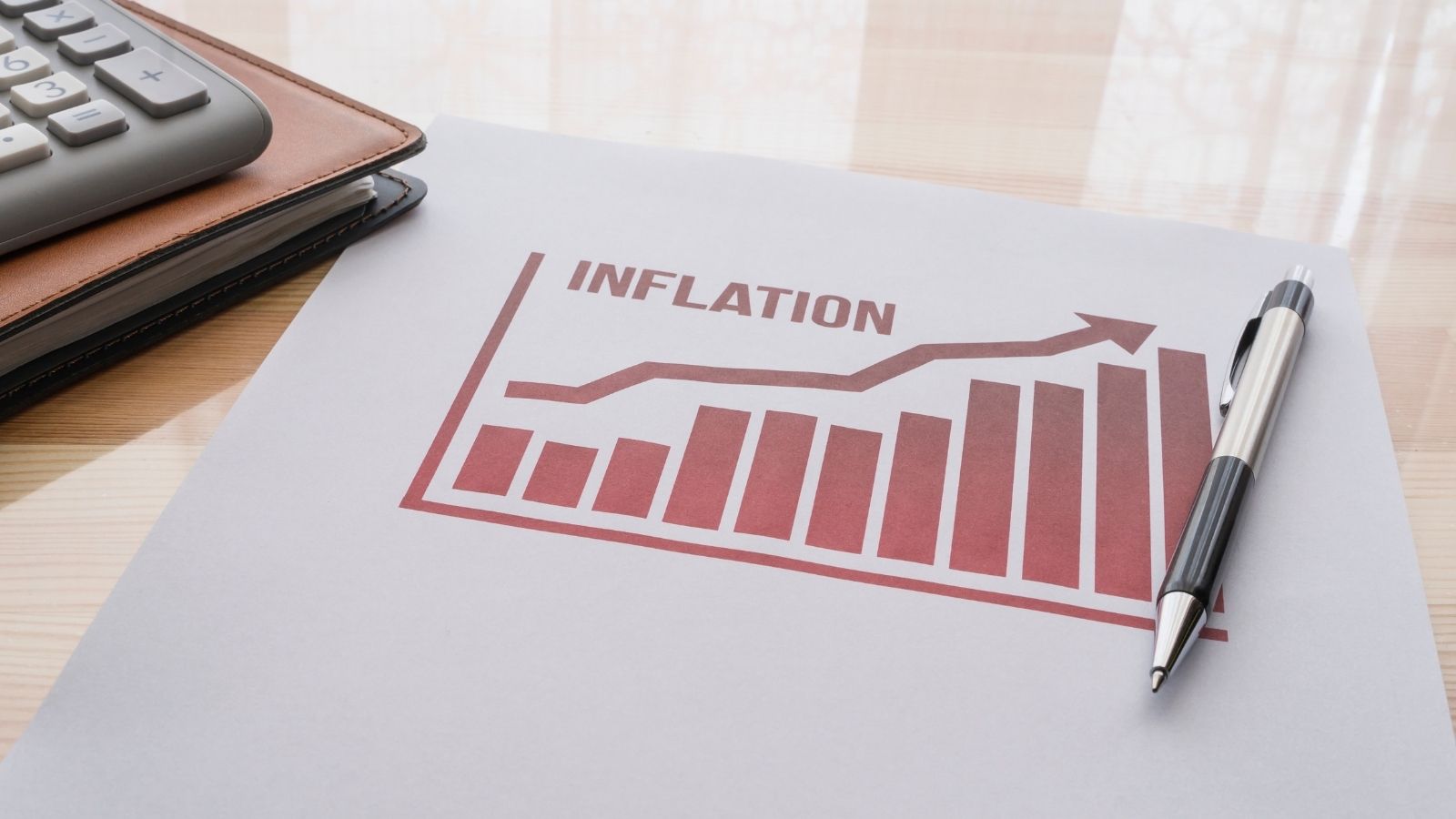
Rising inflation frequently prompts higher interest rates, but inflation also makes money less valuable. Your actual savings power may be subtly decreasing even if you are generating interest on your investments since it may not keep up with growing expenses. What was adequate for a comfortable emergency fund may not be enough when goods prices rise.
Repayment of Student Loans Gets Harder

The appreciating interest rates result in higher monthly payments for borrowers with variable-rate student loans. Your disposable income is thus diverted more toward debt repayment and less toward your long-term savings objectives. Making progress on student loans may be particularly challenging for recent graduates just starting their careers as they grow.
Reduced Profits on Investments

Interest rate increases may have a detrimental effect on stock markets. You may experience lesser returns over time if your savings are invested in equities or bonds, which translates to less money overall.
Increased Car Loan Fees

In the event that you decide to purchase a car, your auto loan rates may increase. Financing a car can become more expensive with even a small increase in interest rates, eating away at money that could be saved.
Loss of Attractiveness in Mortgage Refinancing
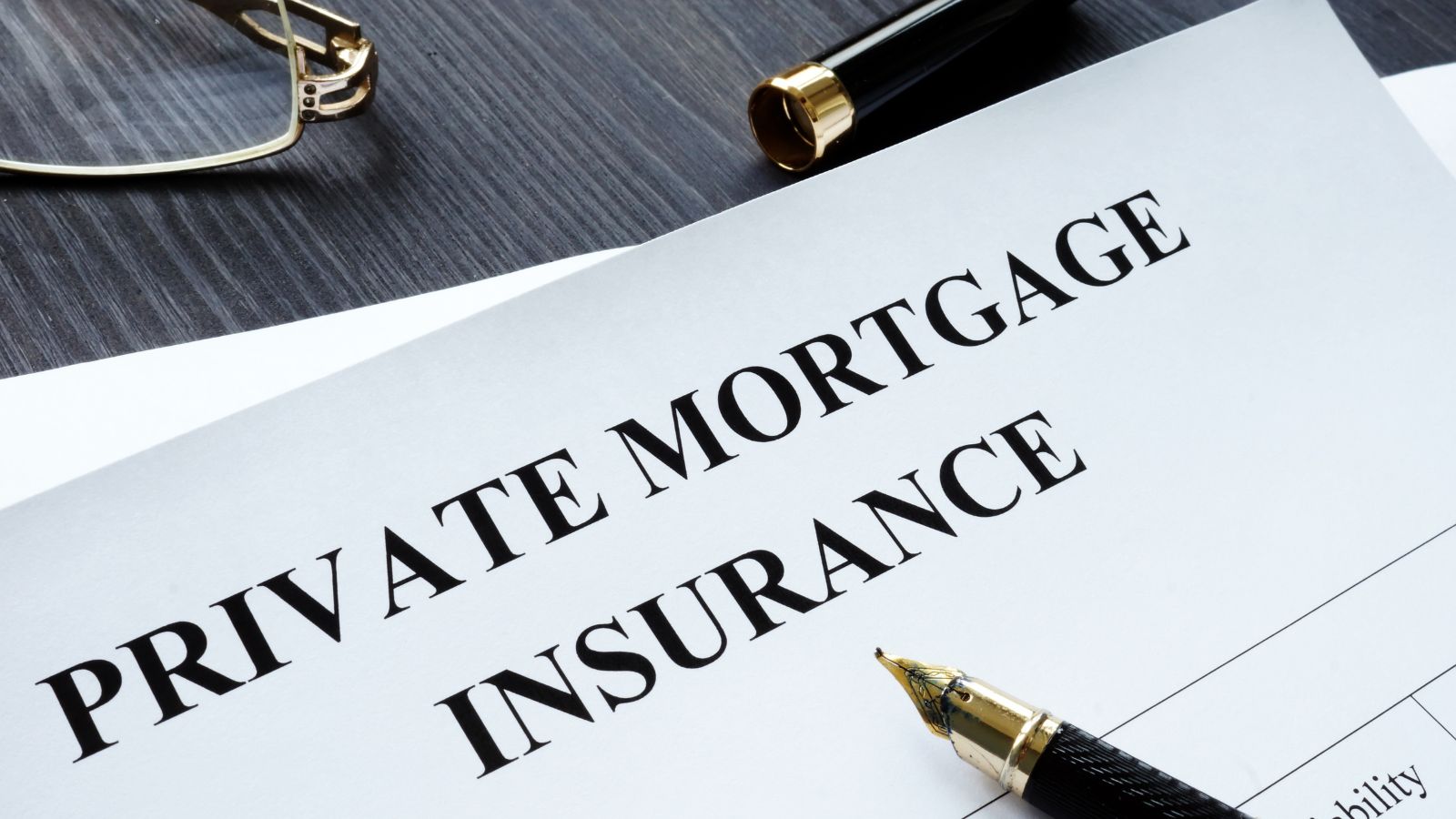
Refinancing your mortgage to a cheaper rate gets more difficult when interest rates climb. This implies that you cannot lower your monthly payments and use the savings for other financial objectives.
Slower Growth in Home Equity

Those with variable-rate mortgages or those facing higher payments will likewise see slower development in their home equity as a result of rising rates. Rising interest rates have the potential to eat away at the equity you’ve established in your house, delaying the growth of your overall wealth instead of increasing it gradually.
Value of Emergency Funds Declining

The true worth of your emergency fund may be subtly diminished if it is kept in a standard savings account due to inflation and rising interest rates. The buying power of your emergency savings may decline because savings accounts sometimes do not rise in line with the rise in loan interest rates.
Increased Costs for Business Loans
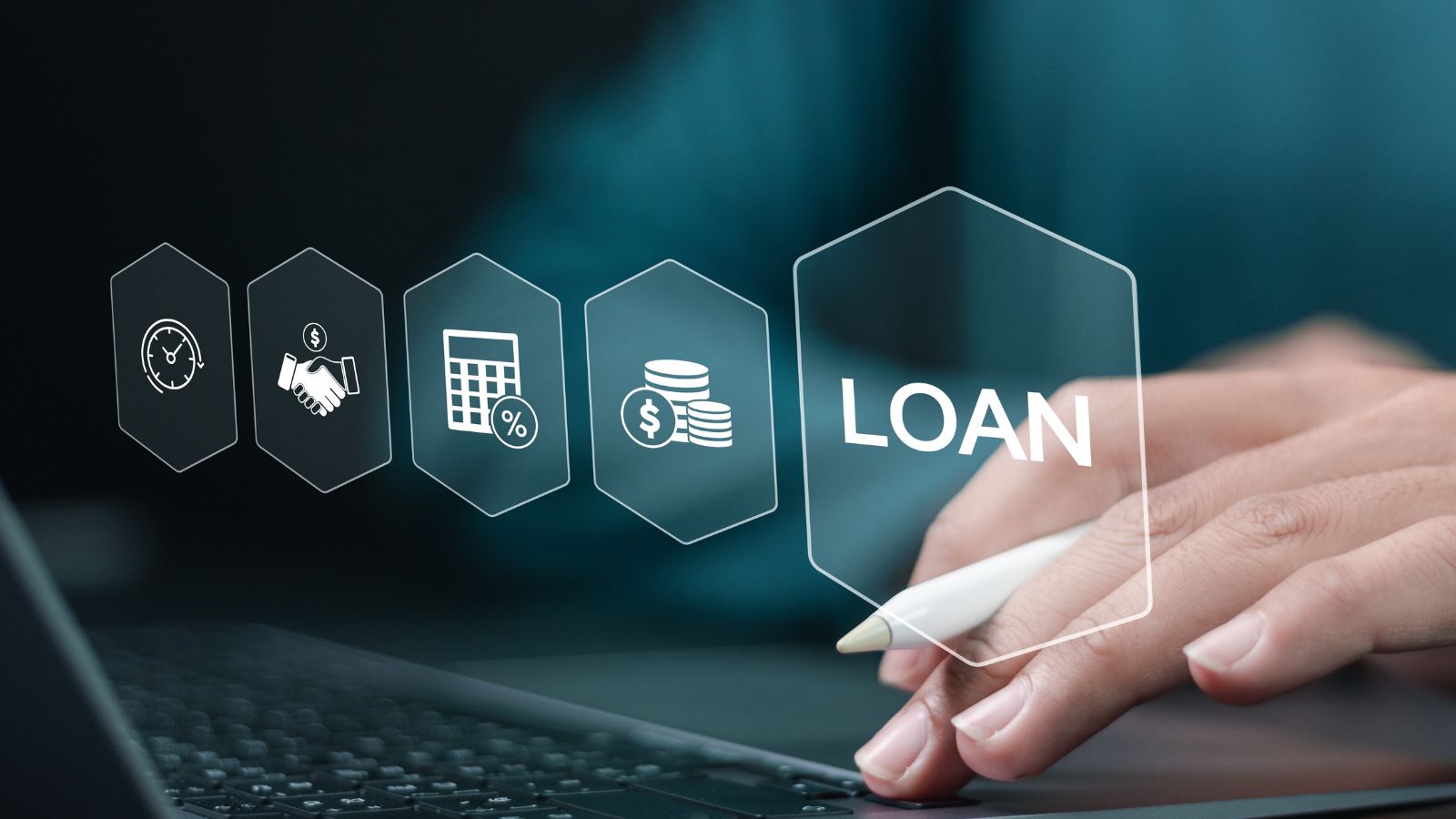
Higher interest rates might make it more expensive for self-employed people or business owners to borrow money for expansion or cash flow management. Your finances may become tight, and you could have to take money out of your personal savings to pay for business expenses.
Increasing Rate of Inflation

Rising inflation frequently prompts higher interest rates, but inflation also makes money less valuable. Your actual savings power may be subtly decreasing even if you are generating interest on your investments since it may not keep up with growing expenses. What was adequate for a comfortable emergency fund may not be enough when goods prices rise.
Repayment of Student Loans Gets Harder
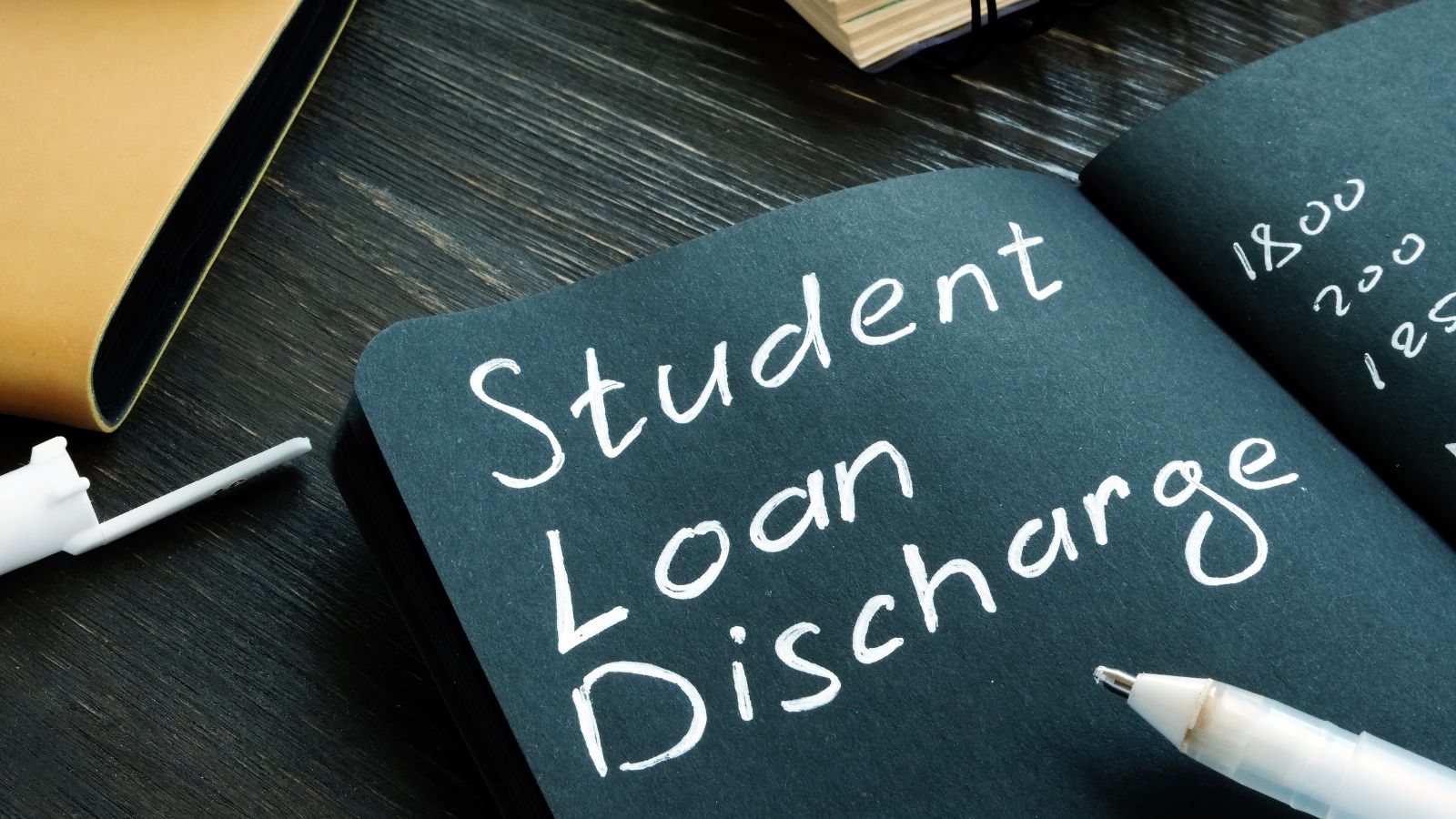
Rising interest rates result in higher monthly payments for borrowers with variable-rate student loans. Your disposable income is thus diverted more toward debt repayment and less toward your long-term savings objectives. Making progress on student loans may be particularly challenging for recent graduates who are just starting their careers, as growing rates further strain already tight budgets.
Reduced Rate of Economic Growth
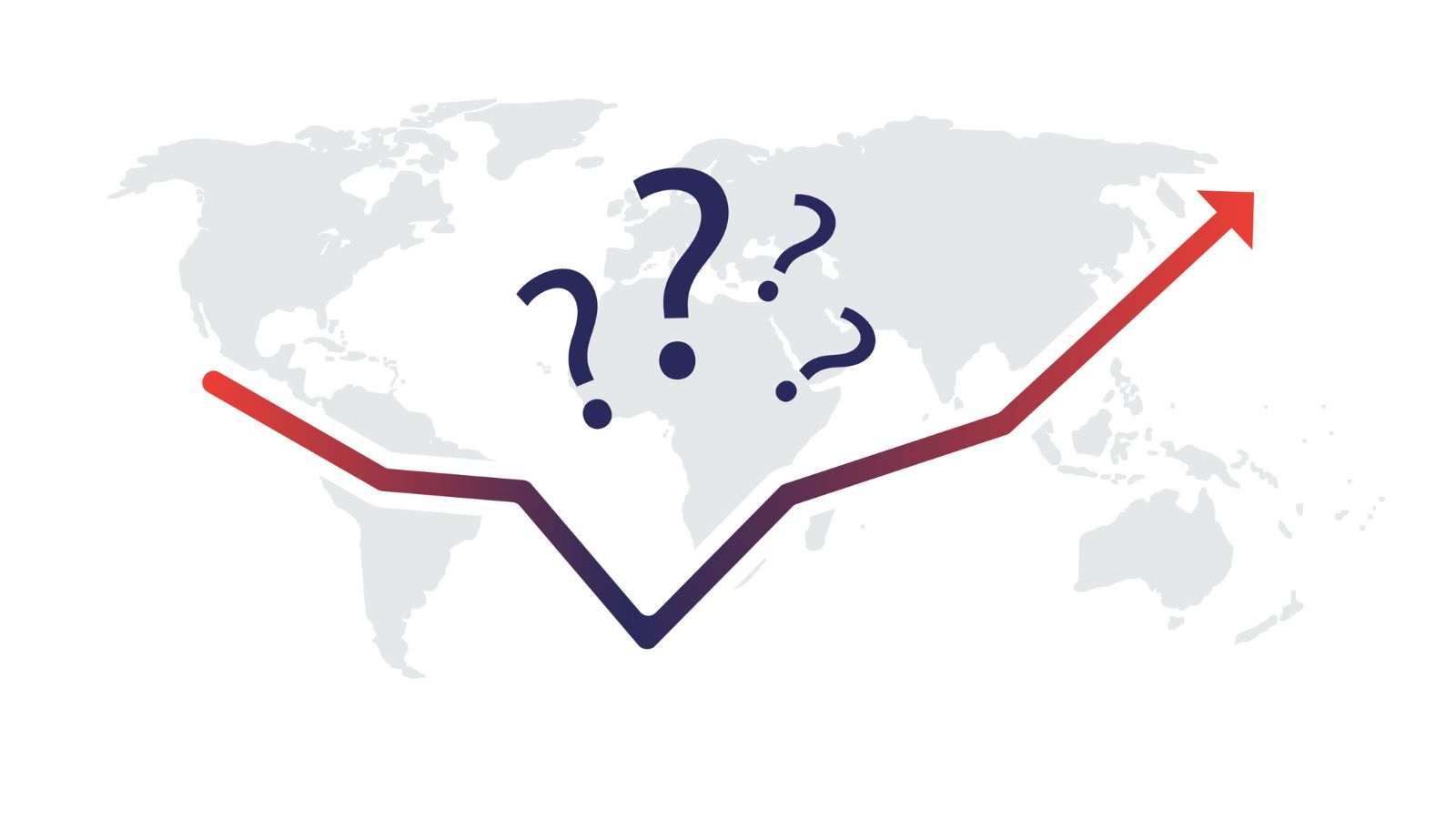
Economic growth often slows when interest rates rise. This may result in less pay raise or employment instability, which will make saving money more challenging. It goes without saying that savings suffer when income remains flat and expenses increase. Economic downturn may also mean more competition for job searchers as companies become less inclined to hire.
Inability to Afford Major Purchases

Borrowing more money for large expenditures like homes, autos, or renovations is more expensive when interest rates are higher. Your long-term financial plans may suffer if you are compelled to postpone or forego these purchases because of rising rates, which would limit your ability to save for future objectives.
Reduced Prospects for High-Return Investing

Riskier investments typically yield lower returns when interest rates rise. Bonds and equities may not perform as well in a portfolio that is mostly composed of them, which could hinder the growth of your investment accounts and reduce your total savings.
Dependency on Credit Cards

Increased usage of credit cards may result from growing expenses brought on by inflation and increased interest rates. However, this sets up a vicious cycle where more of your income is used to pay down interest, making it harder to save money. This is because higher rates are applied to outstanding balances.
Interest rates on savings accounts lag behind

Savings account rates frequently don’t keep up with the rapid increases in loan rates. The real worth of your savings is decreasing since, while they may yield some income, it is typically much less than the inflation rate or the interest paid on loans.
Investments in Rental Properties Fail
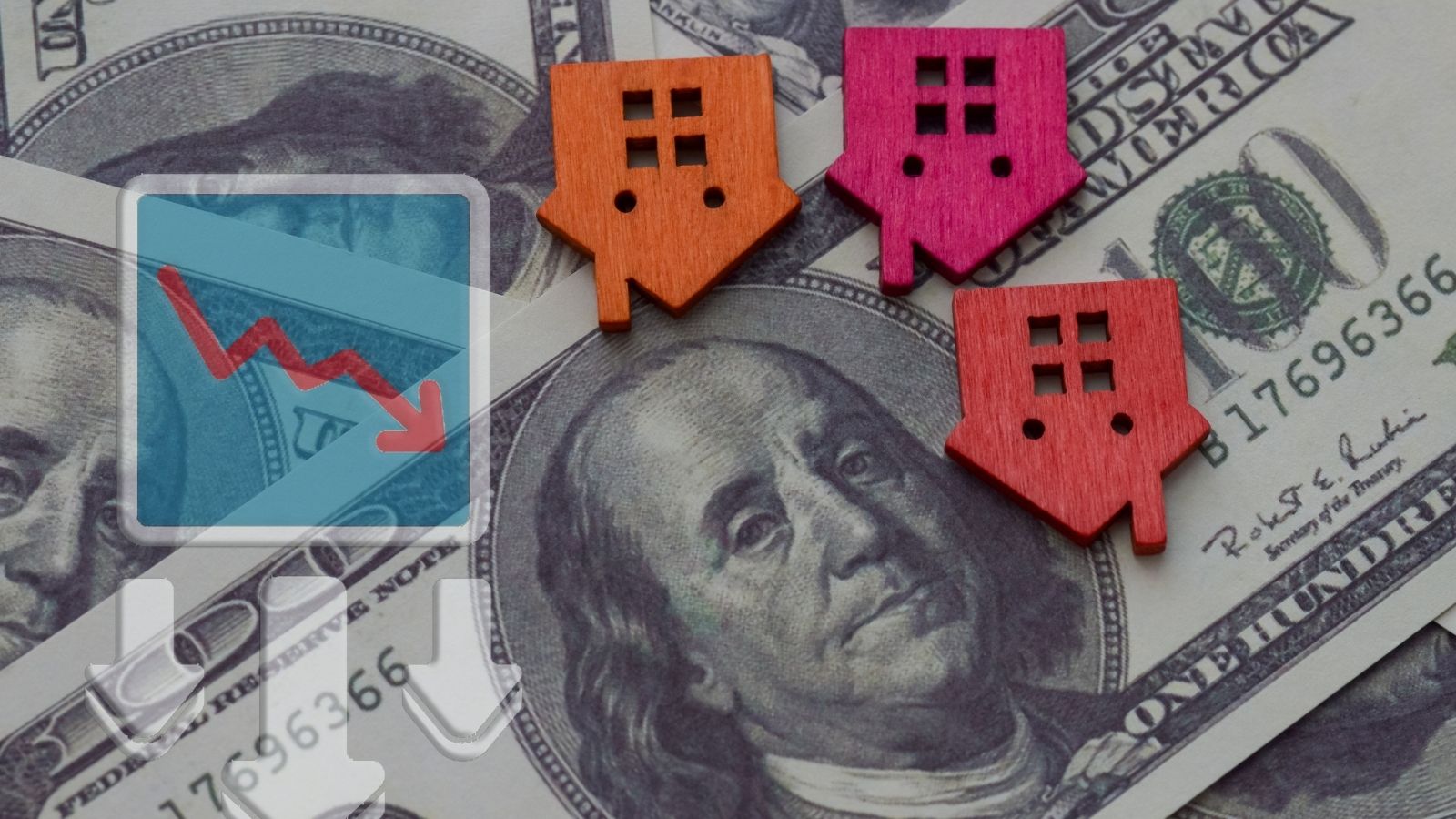
Higher rates may reduce your rental income if you have mortgages with adjustable rates and have invested in rental properties. Increased mortgage payments reduce the amount of money you can save because they deplete your rental income.
Interest Income Taxes Are Growing
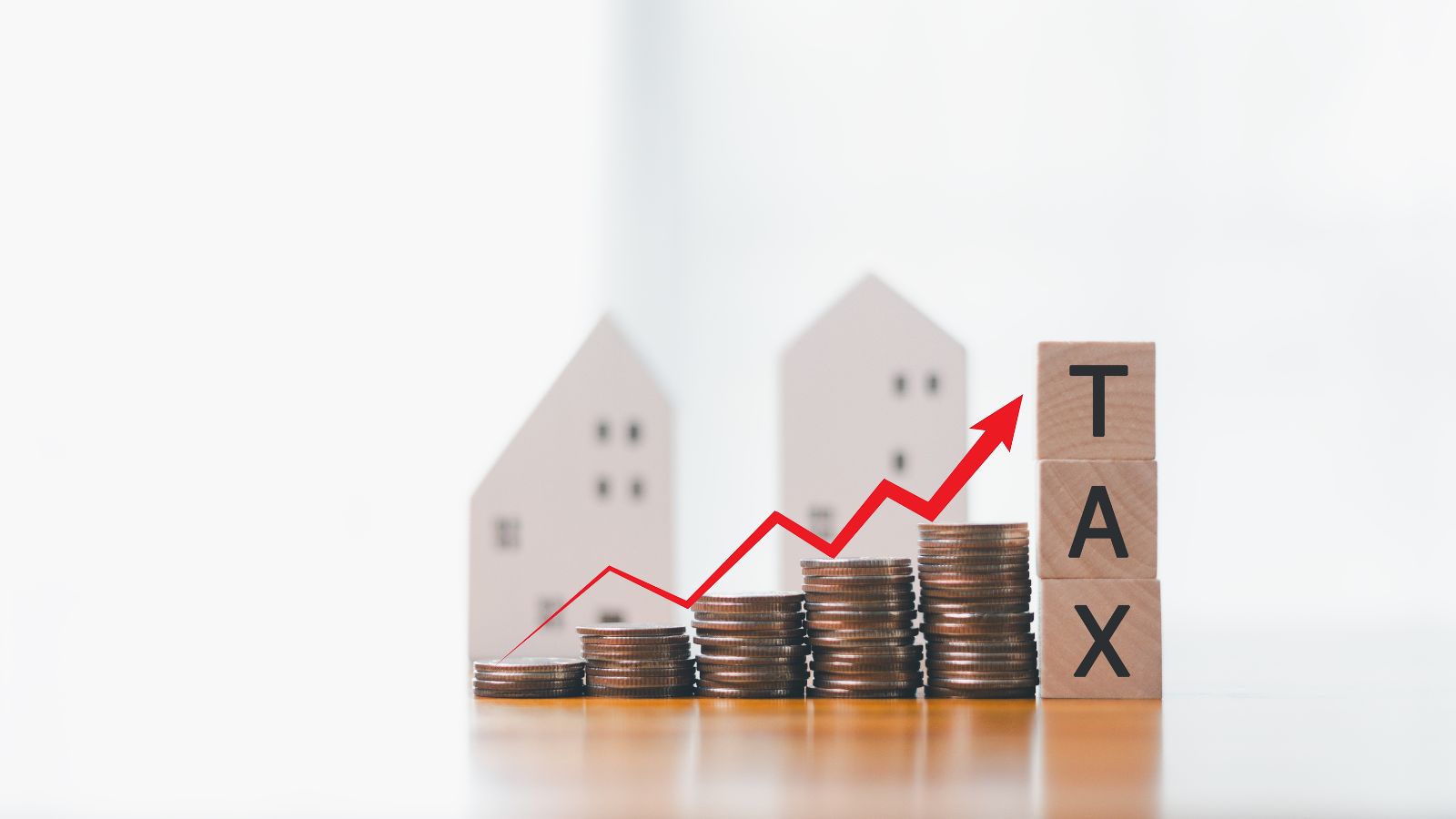
The taxes you pay on any money you receive from investments or savings accounts may increase along with interest rates. Your net savings advantage could be less than you had planned since you may have to pay more taxes on interest earned.
The Value of Retirement Plans Decreases
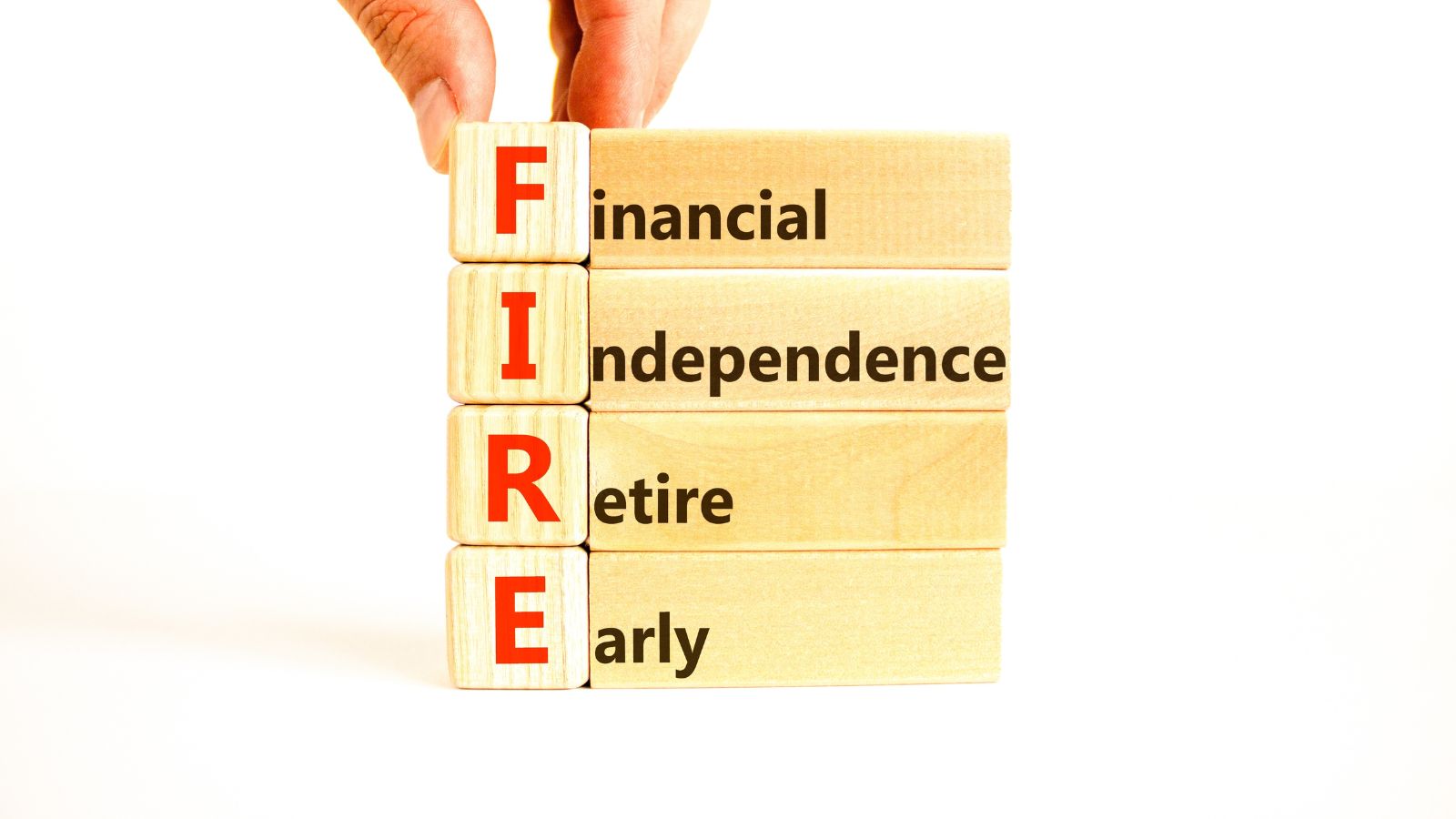
Retirement portfolios with a high percentage of bonds may see a decline in value due to rising interest rates. Bond investments could depreciate when interest rates rise, which could cause your retirement goals to be delayed if bonds make up a sizable amount of your retirement assets. People may save even more in response to uncertainties surrounding retirement funds, but the difference in returns will narrow.
Conclusion

It is extremely important to understand the silent effects that these seemingly insignificant changes might have on your finances during this period of rising interest rates. Even though the consequences might not be felt right away, they can build up over time and progressively deplete your funds, making it more difficult to reach your financial objectives.
18 Reasons Why People Are Leaving Florida in Masses

Exploring factors that impact the desirability of living in Florida, this list delves into various challenges shaping residents’ experiences. From environmental concerns like rising sea levels to economic factors such as fluctuating job markets, these issues collectively contribute to a nuanced understanding of the state’s appeal.
18 Reasons Why People Are Leaving Florida in Masses
